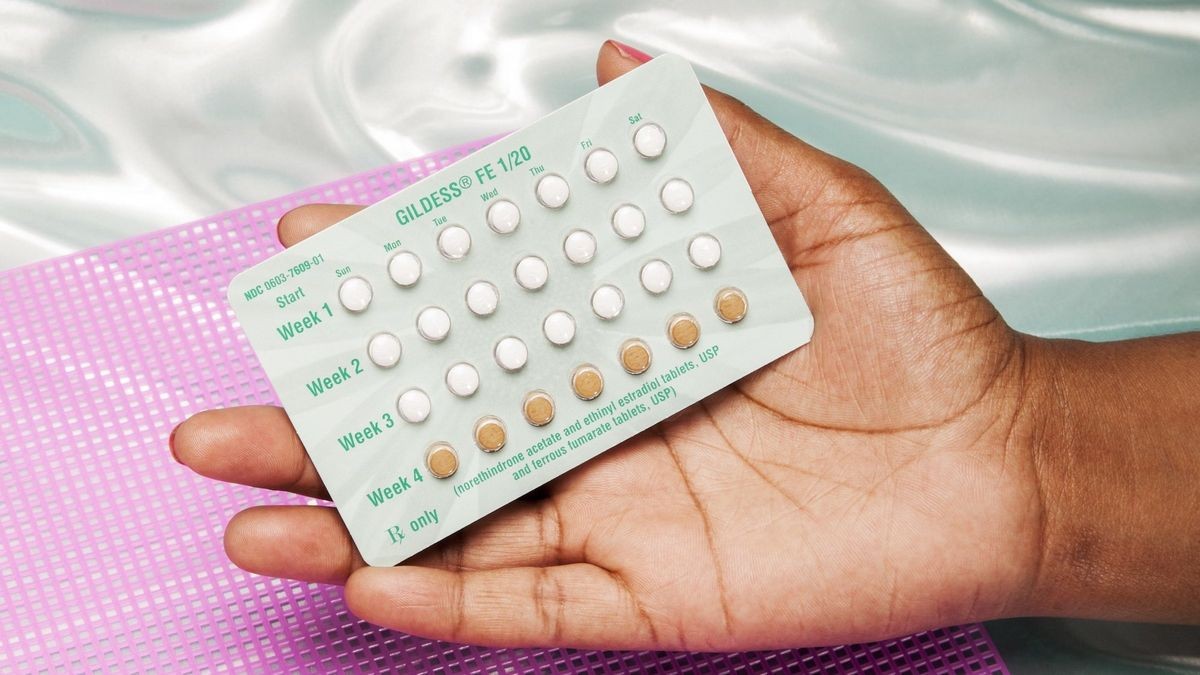
Contents
Birth Control Pills vs. Depo-Provera
Birth control pills are hormonal contraceptives that prevent pregnancy by inhibiting the release of luteinizing hormone (LH) and follicle-stimulating hormone (FSH) from the pituitary gland. They may contain combinations of estrogen and progestin or progestin alone. Progestin also thickens the uterine mucus, making it harder for sperm to penetrate and fertilize the egg. In some cases, progestin can prevent ovulation.
Depo-Provera is an injection administered every 3 months that also prevents pregnancy by inhibiting ovulation and thickening the uterine lining. It is derived from progesterone, a natural hormone responsible for these functions during the menstrual cycle.
Side Effects of Birth Control Pills and Depo-Provera
Oral Contraceptive
Common side effects of birth control pills include nausea, headache, breast tenderness, weight gain, irregular bleeding, and mood changes. These side effects usually subside after a few months. Scanty menstrual periods or breakthrough bleeding may occur but are often temporary. Women with migraines may experience an increase in frequency, although women whose migraines are triggered by hormone fluctuations may find relief with the pill.
Uncommonly, birth control pills may contribute to increased blood pressure, blood clots, heart attack, and stroke. Smoking and certain medical conditions can increase these risks.
Depo-Provera
Depo-Provera can cause breast tenderness, nipple leakage, skin reactions, breakthrough bleeding, changes in menstrual flow, weight changes, nausea, fever, insomnia, and jaundice. Blood clots are a potential serious side effect, particularly in smokers. People with diabetes may experience difficulty in controlling blood sugar levels.
The Women’s Health Initiative study found increased risks of heart attacks, stroke, breast cancer, blood clots, pulmonary emboli, and dementia in postmenopausal women taking medroxyprogesterone in combination with estrogens for 5 years. Breast cancer patients generally avoid progestins due to progesterone receptors.
Dosage of Birth Control Pills vs. Depo-Provera
Oral Contraceptive
Combination birth control pills are taken daily for 21 or 28 days, followed by a pill-free period. Newer formulations with fewer placebo pills or continuous hormone pills are available.
The first pill is taken on the first Sunday after menstruation begins or on the first day of the menstrual cycle. If tablets are missed, specific instructions should be followed.
Depo-Provera
The dosage of medroxyprogesterone varies for different conditions. For contraception, it is injected every 3 months. For other conditions, it may be taken orally daily for a specified number of days. Dosage should be as prescribed by a healthcare professional.
Drug Interactions with Birth Control Pills and Depo-Provera
Oral Contraceptive
Estrogens can affect the metabolism of cyclosporine, potentially leading to kidney and liver damage. They can also increase the risk of liver disease in patients taking dantrolene and decrease the anticoagulant effect of warfarin. Certain medications may decrease the effectiveness of oral contraceptives.
Depo-Provera
Aminoglutethimide may decrease the concentration of medroxyprogesterone, potentially reducing its effectiveness.
Use During Pregnancy or Breastfeeding
Oral Contraceptive
Birth control pills may decrease milk production during breastfeeding. Progestin-only methods are often recommended during this period. Initiation of combined contraceptives is advised after 6 weeks postpartum according to ACOG, while WHO recommends a 6-month delay.
Depo-Provera
Medroxyprogesterone should not be used during pregnancy. Its effect on breast milk and the infant is unknown.
Sources
Women’s Health Resources
- Early Signs of Pregnancy
- Birth Control Pills: What to Consider
Featured Centers
- What Are the Best PsA Treatments for You?
- Understanding Biologics
- 10 Things People With Depression Wish You Knew
Summary
Birth control pills and Depo-Provera are methods of contraception used to prevent pregnancy. Birth control pills are taken orally, while Depo-Provera is administered by injection. Both have potential side effects and drug interactions, so it is important to discuss with a healthcare professional.


